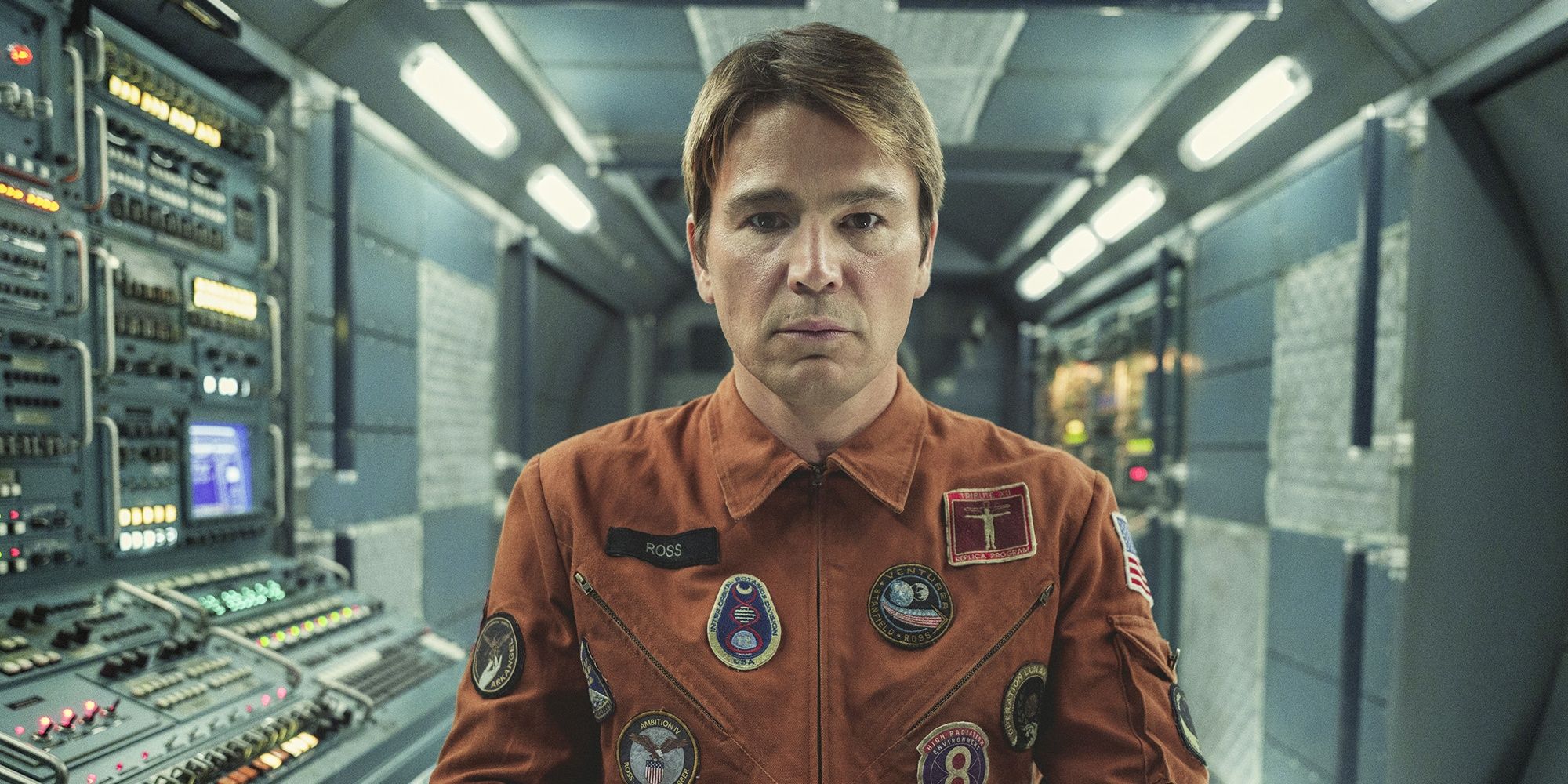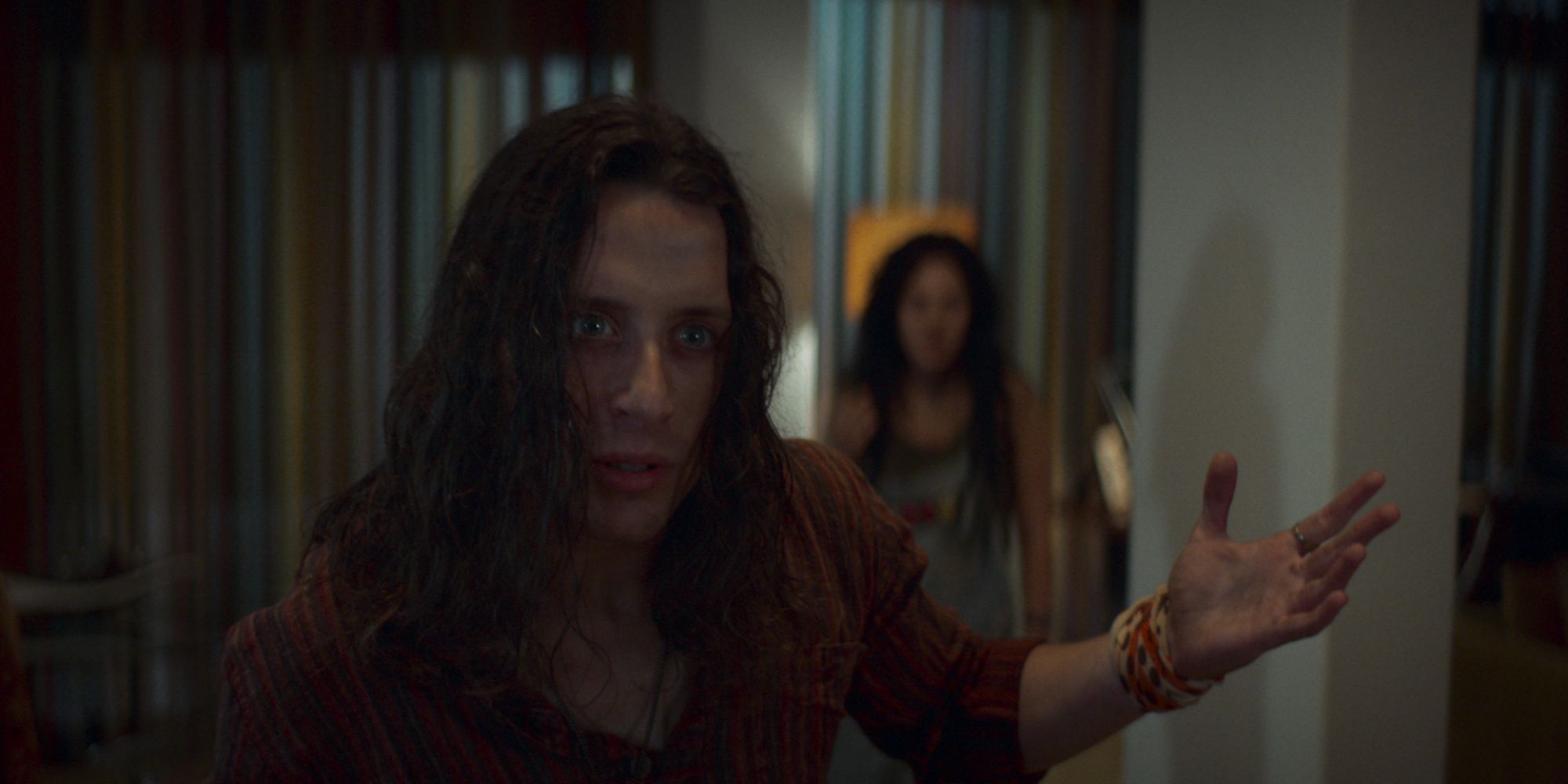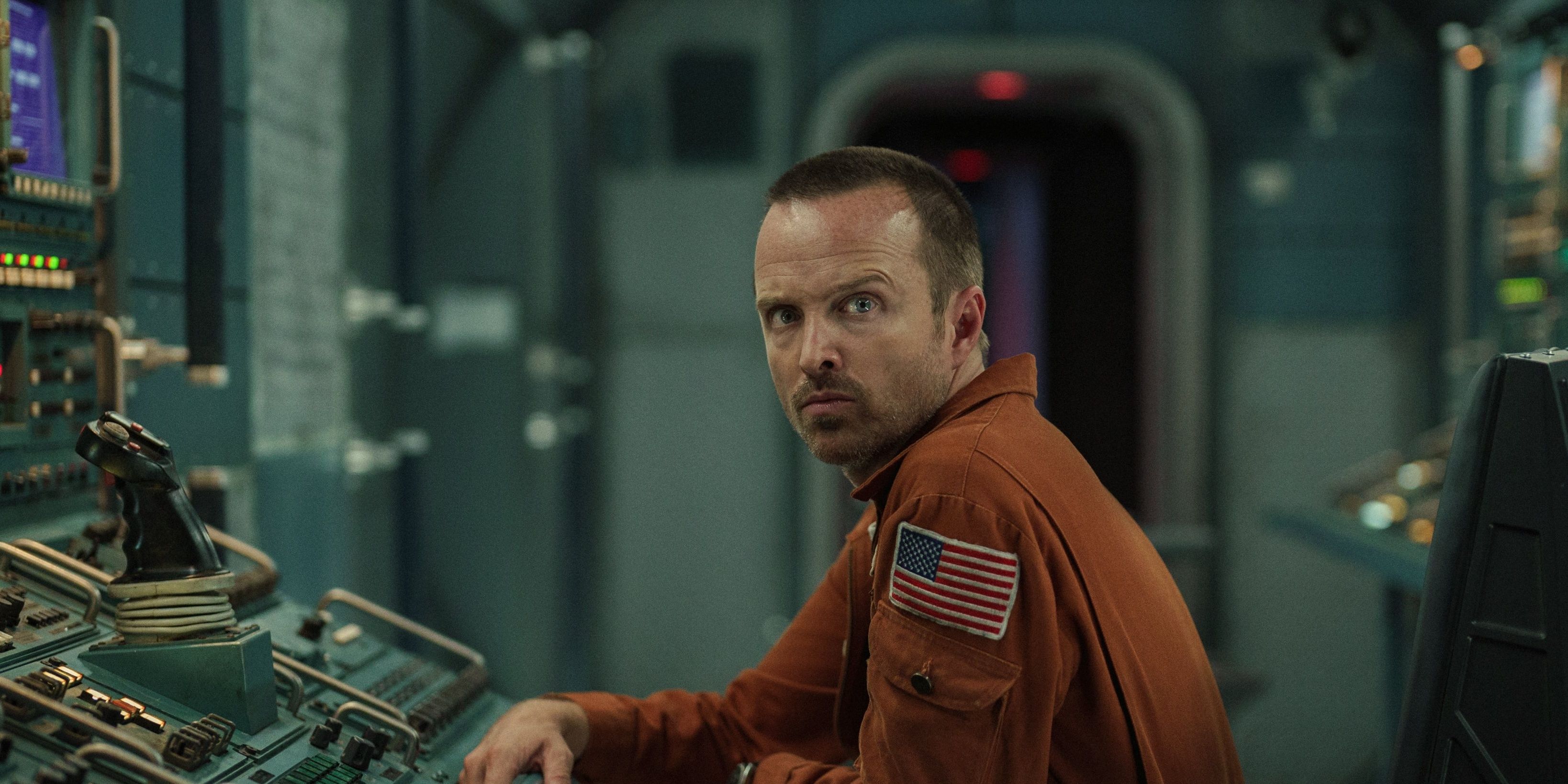
Unveiling the Mind-Bending Twist in Black Mirror's Beyond The Sea Finale

Unravel the enigmatic ending of Black Mirror's Beyond the Sea as viewers are left questioning the implications of this thought-provoking episode Explore the depths of the cultists, the underlying message about technology, and the intriguing storyline
This article contains spoilers for Season 6 Episode 3, "Beyond the Sea," of the sci-fi anthology series Black Mirror. Known for its unsettling and bleak storylines, Black Mirror uses futuristic technology to explore the ethical compromises of modern life, often leaving viewers with hopeless and thought-provoking endings.
While the first two episodes of Season 6, "Joan Is Awful" and "Loch Henry," take a slightly different approach, "Loch Henry" delivers devastating moments that leave viewers feeling more sad than shocked. However, "Beyond the Sea" marks a return to Black Mirror's signature blend of technological horror.
What is "Beyond the Sea" about?
It is the year 1969 and astronauts David Ross (played by Josh Hartnett) and Cliff Stanfield (played by Aaron Paul) have chosen to be pioneers in a new technology that allows them to control machine replicas of themselves from a distant location. This enables them to rest and perform necessary tasks on their spaceship while spending most of their time on Earth, living normal lives. Due to their unique situation, David and Cliff have become celebrities, as people admire the lifelike resemblance of their replicas.
Right from the beginning of the episode, it is evident that despite sharing a profession, David and Cliff lead very different lives. David appears to be happier, more involved in society, and enjoys a much closer relationship with his wife and children. On the other hand, Cliff and his melancholic wife Lana (portrayed by Kate Mara) raise their son in silence on their secluded countryside estate. However, the situation takes a dramatic turn when a cult that opposes the use of machines invades David's home, brutally murdering his entire family in front of his replica. The mysterious cultists also destroy his replica, leaving David alone in outer space to grieve.
In the wake of David's tragedy, Cliff and Lana offer him respite from the monotonousness of space by allowing him temporary use of Cliff's replica link. Initially going well, David's desire for more becomes evident as he asks to paint a landscape of Cliff's house using the link. Despite his reservations, Cliff reluctantly agrees to let David spend one hour a week in the replica, to both breathe fresh air and work on his painting.
Initially, this arrangement seems to benefit David. He gradually emerges from his deep depression and establishes a friendship with Lana, a positive development on the surface. However, David's feelings for Lana quickly transforms into infatuation. In an attempt to seduce Lana, he faces rejection but keeps his advances a secret from her husband. It is soon discovered that David has been sketching nude images of Lana during his idle time on the ship, which leads to a violent confrontation between Cliff and David.
This confrontation sets off a chain of events that takes a bizarre turn, leading to David using the replica to tragically take the lives of Cliff's entire family.
Who are the cultists in Beyond the Sea?
The audience remains largely uninformed about the enigmatic terrorists responsible for David's family's death and the destruction of his duplicate. Without given individual names, the cult members are designated by Greek alphabet letters: their leader, Kappa (portrayed by Rory Culkin), Sigma (played by Siân Davis), Theta (enacted by Marama Corlett), and Epsilon (embodied by Ioachim Ciobanu). Even the newspaper article displayed during the episode merely labels Kappa as a "CRAZED FANATIC." The only discernible motive behind their actions is their animosity towards the duplicates. Kappa refers to David as an "abomination," and the newspaper quotes him saying, "We protected natural order."
Despite instigating the episode's significant events with their repugnant crimes, the cultists receive limited screen time. Moreover, they swiftly surrender themselves and vanish entirely from the narrative following the murders. While this narrative choice might initially seem unimpressive, it effectively establishes the core of the episode's societal commentary on technology, which later manifests in the conflict between Dan and Cliff.
What does Beyond the Sea say about technology?
Black Mirror is renowned for its social commentary, often focusing on the misuse of advanced technology by humanity. In this particular episode, viewers may easily dismiss it as a predictable punishment for David and Cliff, who excessively rely on modern technology. They live among the stars, spend most of their time inside machines, and sustain themselves with plants grown on a spaceship, among other things.
However, "Beyond the Sea" goes beyond the usual themes of Black Mirror and instead criticizes the possessive and masculinist attitudes of its two competing protagonists. Initially, the audience may support Cliff in his encounter with David, but the words they exchange during their confrontation unveil a sadistic and controlling side of Cliff. The central conflict of the episode revolves not so much around murder (although there is a significant amount of it) as it does around infidelity. When Cliff discovers David's obsession with Lana, his response is filled with violence and hatred, demonstrating his deep insecurities and jealousy as a husband, primarily concerned with asserting his ownership over Lana as his wife. "Beyond the Sea" explores the compulsive desire for dominance in both men, not only over the natural world but also over the women in their lives.
What is the connection between the cult and this situation? Well, Kappa and his associates embody the opposite of David and Cliff's dominating ambitions: chaos. They are mysterious and impossible to control. Their names even resemble mathematical symbols. The danger they present is not to technological progress, but to the protagonists' power over their own realm, and that is ultimately what motivates them to resort to violence.
You can currently stream Season 6 of Black Mirror on Netflix.
















